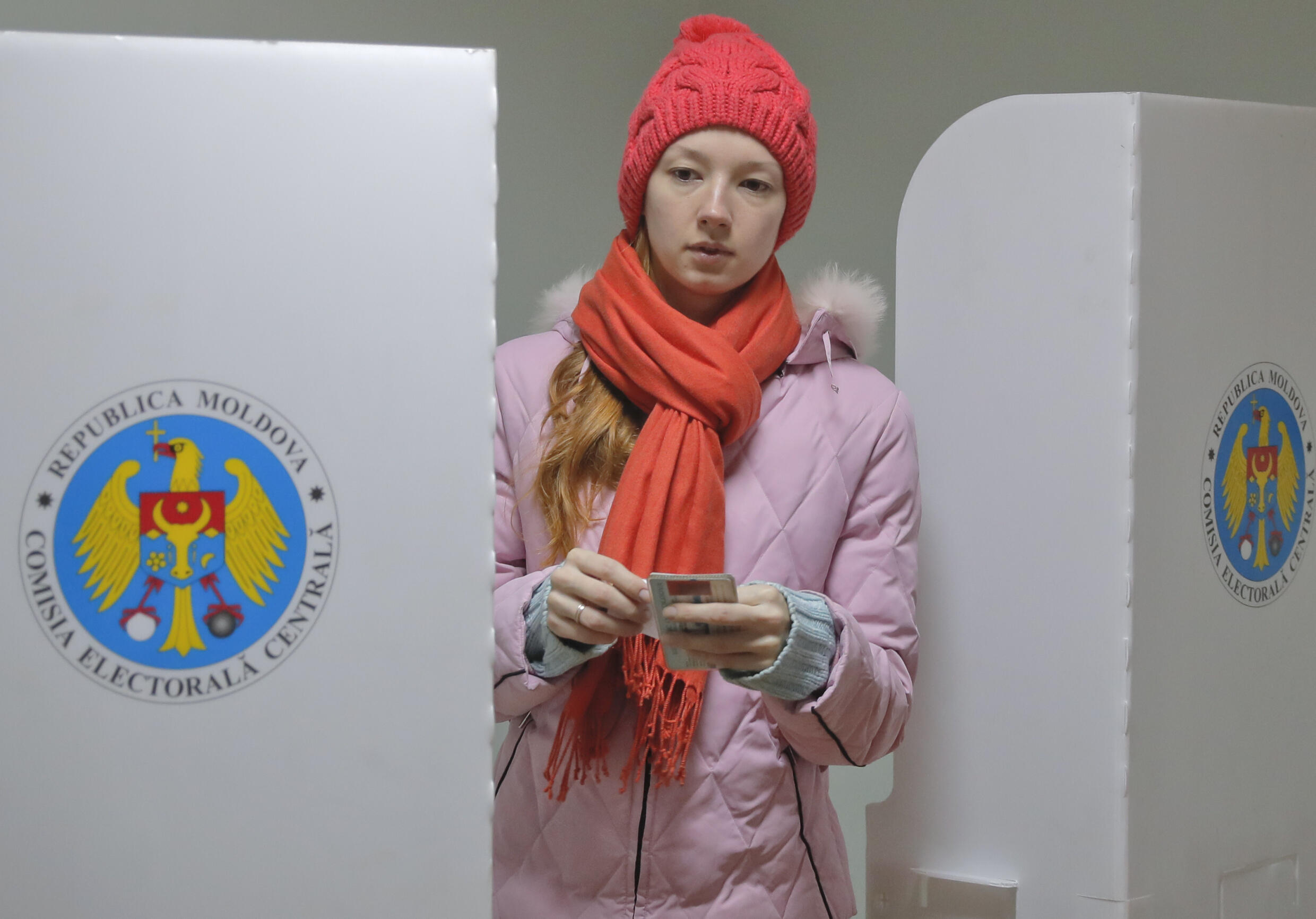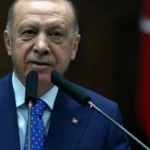Developments in Moldova ahead of the presidential elections are gaining momentum. Elections are always a hot topic, especially in countries like Moldova, where the situation can be quite tense. And now we will see how the government of this country is combating Russian propaganda on the eve of important political events.
Why are websites being blocked?
Recently, in Moldova, seven websites were blocked at the request of the Information and Security Service (SIS). Six of them are Russian propaganda portals, and one is an anti-European website within Moldova. Among the blocked websites are well-known propaganda resources such as:
- Nezavisimaya Gazeta
- RIA Novosti
- RIA Novosti Crimea
- News of Crimea
- Website of the so-called “government” of Crimea
- Nu Acum (anti-European Moldovan portal)
You may wonder: “Why just before the elections?” The reason is that information warfare is an important part of the hybrid war that Russia is waging against many countries, including Moldova. Before the elections, propaganda can influence public opinion, misinform citizens, and create chaos. That is why the government decided to block these resources to stop the wave of fake news and manipulation.
Elections in Moldova: what you need to know
The presidential elections in Moldova will take place on October 20, and it will be a truly important event. Simultaneously with the elections, Moldovan citizens will also participate in a referendum to determine their stance on the country’s accession to the EU. This issue divides society into two camps: those who support the European path of development, and those who lean towards cooperation with Russia.
Since Moldova is an important strategic territory between Europe and Russia, the outcome of these elections can have a significant impact not only on the country itself, but also on the geopolitical balance in the region.
Russian Reaction: Outrage Again?
It’s no surprise that such a development has provoked a reaction from Russia. The Russian Ministry of Foreign Affairs has expressed their outrage over the radical reduction of polling stations in Russia that Moldova will open for its citizens to vote in these elections. This means that Moldovan citizens living in Russia will find it more difficult to cast their votes.
Russia often uses its “migrant workers” in political games, as many Moldovan citizens working in Russia tend to vote for pro-Russian candidates. Therefore, reducing the number of polling stations can have a significant impact on the election results.
Propaganda and Its Influence on Elections
Let’s delve a bit into the issue of propaganda. Russian propaganda is actively at work not only in Ukraine but also in many other countries, and Moldova is no exception. The main purpose of such resources is to spread fake news, distort facts, and influence public opinion. During the period before elections, propaganda is particularly active, as it is a prime opportunity to destabilize the situation in the country.
Why is it important to combat propaganda? Fake news can easily manipulate public opinion. For instance, creating the illusion that the European path for Moldova is a disaster, and cooperation with Russia is the only viable option. Or conversely, frightening citizens with possible consequences of refusing to cooperate with Russia.
The Role of the EU in the Situation
The European Union closely monitors the situation in Moldova. Moldova has long sought integration into the European community, but the process is hindered by internal conflicts and external influences, particularly from Russia. The EU supports Moldova on the path of reforms and democratization, but also warns against destabilization from Russian propaganda media.
By the way, Moldova has already been granted candidate status for EU accession in 2022, so the referendum holds great significance for its future. Choosing the European path could provide a powerful boost to the economy, democracy, and improvement of living standards.
Should we expect further blockages?
It is likely. The fight against propaganda is a lengthy process, and we may see new blockages of pro-Russian resources, especially in countries where the influence of the Kremlin is still significant. It is important for the governments of these countries to continue fighting for the information security of their citizens, and for us as information consumers to maintain critical thinking and verify sources.
Therefore, we will be monitoring the developments in Moldova, as these elections could significantly alter the geopolitical situation in the region. And remember: information hygiene is important. What do you think about this? Share in the comments whether blocking propaganda sites before the elections is necessary, and whether it will help protect democratic processes.


